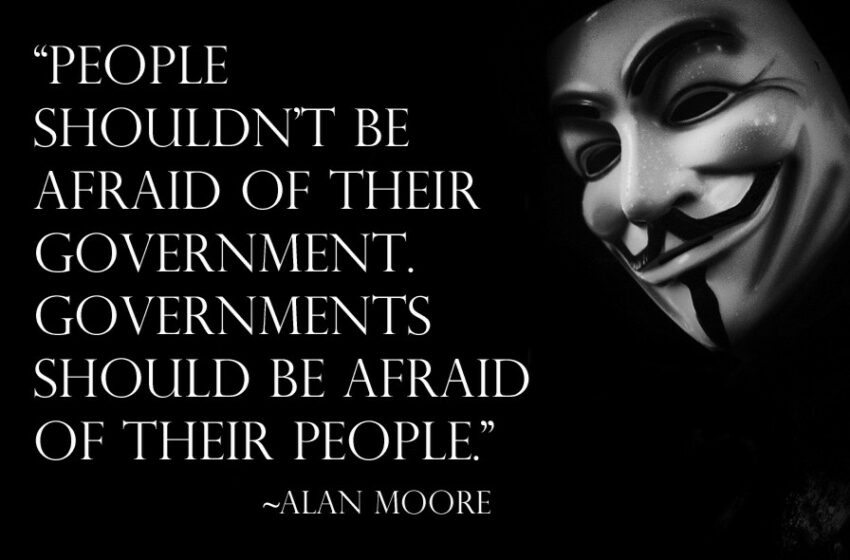Government Quotes

Government, the institution responsible for governance, has been a subject of fascination, debate, and critique throughout history. From philosophers to statesmen, many have shared their thoughts on the nature, purpose, and role of government in society. Here are 20 famous quotes that encapsulate diverse perspectives on government, from its potential to its pitfalls.
Thomas Jefferson
“The government is best which governs least.”
Thomas Jefferson, the third President of the United States, was a key figure in the American Revolution and a champion of democracy and individual rights.
Winston Churchill
“Democracy is the worst form of government, except for all those other forms that have been tried from time to time.”
Winston Churchill, the British Prime Minister during World War II, emphasized the flaws of democracy but recognized its superiority over other systems.
Abraham Lincoln
“Government of the people, by the people, for the people, shall not perish from the earth.”
Abraham Lincoln, the 16th President of the United States, delivered this iconic line in his Gettysburg Address, highlighting the essence of democracy.
George Washington
“Government is not reason, it is not eloquence, it is force; like fire, a troublesome servant and a fearful master.”
George Washington, the first President of the United States, warned against the potential tyranny of government.
Plato
“The punishment which the wise suffer who refuse to take part in the government, is to live under the government of worse men.”
Plato, the ancient Greek philosopher, emphasized the importance of virtuous leadership in government.
John F. Kennedy
“Ask not what your country can do for you, ask what you can do for your country.”
John F. Kennedy, the 35th President of the United States, inspired civic engagement and responsibility.
Thomas Paine
“Government, even in its best state, is but a necessary evil; in its worst state, an intolerable one.”
Thomas Paine, a political activist and philosopher, expressed skepticism about the nature of government.
Nelson Mandela
“To be free is not merely to cast off one’s chains, but to live in a way that respects and enhances the freedom of others.”
Nelson Mandela, the former President of South Africa and anti-apartheid revolutionary, emphasized the importance of freedom and equality in governance.
Benjamin Franklin
“Those who would give up essential liberty, to purchase a little temporary safety, deserve neither liberty nor safety.”
Benjamin Franklin, one of the Founding Fathers of the United States, warned against sacrificing freedoms for security.
Margaret Thatcher
“The problem with socialism is that you eventually run out of other people’s money.”
Margaret Thatcher, the former Prime Minister of the United Kingdom, critiqued the pitfalls of excessive government intervention in the economy.
Voltaire
“Common sense is not so common.”
Voltaire, the French Enlightenment writer and philosopher, highlighted the importance of rationality in governance and decision-making.
Ronald Reagan
“Government’s first duty is to protect the people, not run their lives.”
Ronald Reagan, the 40th President of the United States, advocated for limited government and individual freedom.
Alexis de Tocqueville
“The American Republic will endure until the day Congress discovers that it can bribe the public with the public’s money.”
Alexis de Tocqueville, a French political thinker and historian, warned against the dangers of government overreach and corruption.
Karl Marx
“The oppressed are allowed once every few years to decide which particular representatives of the oppressing class are to represent and repress them.”
Karl Marx, the German philosopher and economist, critiqued the democratic process as a tool of the ruling class.
Mahatma Gandhi
“The best way to find yourself is to lose yourself in the service of others.”
Mahatma Gandhi, the leader of the Indian independence movement, promoted selfless service and community empowerment.
John Locke
“Wherever law ends, tyranny begins.”
John Locke, the English philosopher and physician, emphasized the importance of the rule of law in constraining government power.
Franklin D. Roosevelt
“The only thing we have to fear is fear itself.”
Franklin D. Roosevelt, the 32nd President of the United States, reassured the American people during the Great Depression, urging courage in the face of adversity.
John Stuart Mill
“The worth of a State, in the long run, is the worth of the individuals composing it.”
John Stuart Mill, the English philosopher and political economist, emphasized the importance of individual liberty and flourishing in evaluating the success of a government.
Aung San Suu Kyi
“The only real prison is fear, and the only real freedom is freedom from fear.”
Aung San Suu Kyi, the Burmese politician and Nobel Peace Prize laureate, advocated for democracy and human rights in Myanmar.
Thomas Hobbes
“Force and fraud are in war the two cardinal virtues.”
Thomas Hobbes, the English philosopher, depicted government as a necessary authority to prevent chaos and enforce order in society.
- Adam Kluger Quotes - September 8, 2024
- Adam Hicks Quotes - September 7, 2024
- Adam Grant Quotes - September 7, 2024
